

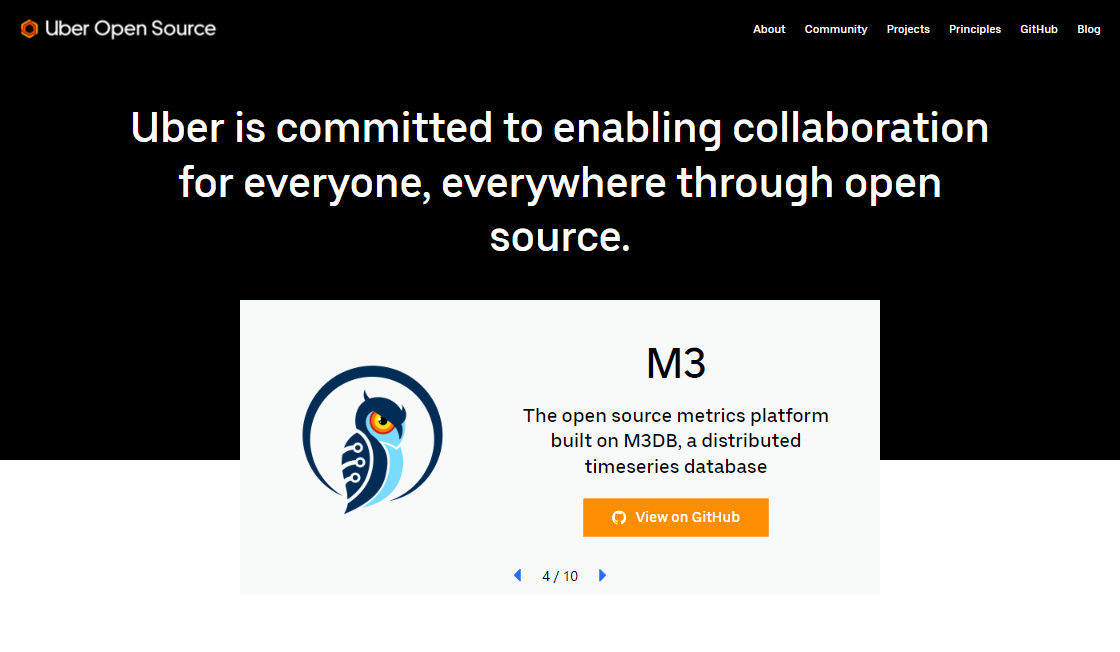
Ludwig
An open-source deep learning platform by Uber that helps users easily train, test, and deploy models.

Amazon Rekognition Video
Amazon Rekognition Video is a fully managed deep learning-based video analysis service that can identify objects, people, text, scenes, and activities, as well as detect any inappropriate content.

IBM Speech To Text
IBM's Speech to Text service uses advanced deep learning neural network algorithms to convert audio and voice into written text.
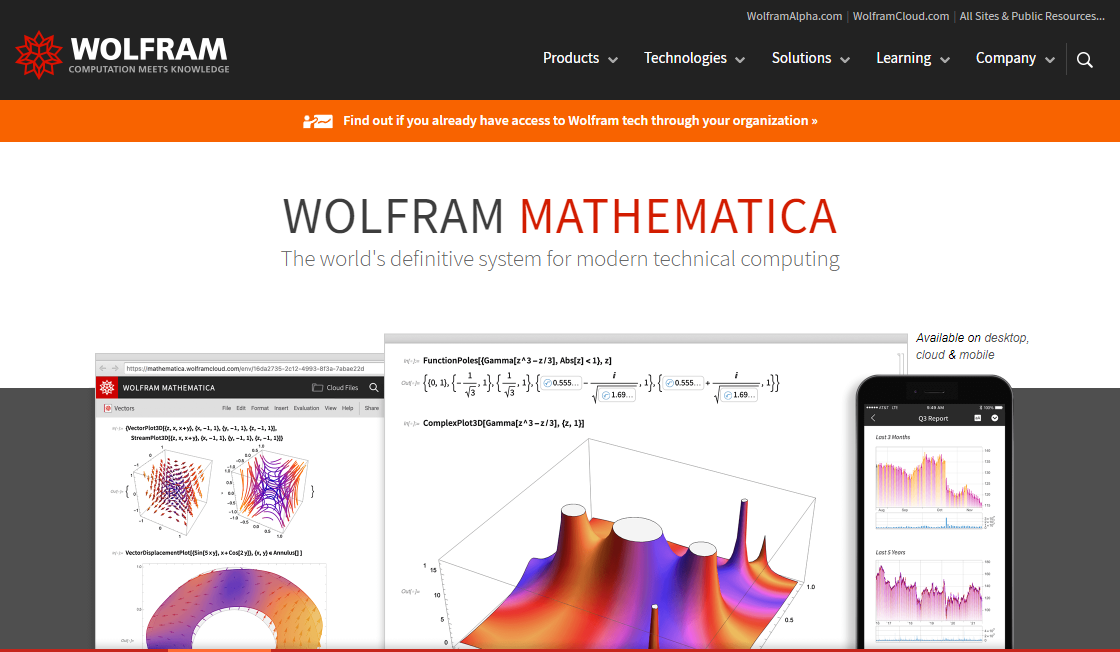
Wolfram Mathematica
Wolfram Mathematica is a mathematical computation software package developed by Wolfram Research. It provides a powerful set of tools for AI, Machine Learning, and Deep Learning development.

Go AI
A deep learning version of the ancient Chinese game "Go".

Connect Four AI
A deep learning version of the classic Connect Four game.

Deepspeech
High Performance Deep Learning Speech Recognition Platform

TensorFlow Agents
TensorFlow Agents is a library for reinforcement learning with deep neural networks in TensorFlow.

2048 AI
A deep learning version of the classic 2048 game.

Maximo AI
AI-powered tool for machine learning, natural language processing, and computer vision.

IBM Power AI
High-performance AI services built on IBM's POWER8 technology.

PaintsChainer
Create amazing art with AI-powered technology.

Neura.ai
Neura helps you deliver mobile user experiences that run on AI and deep learning.
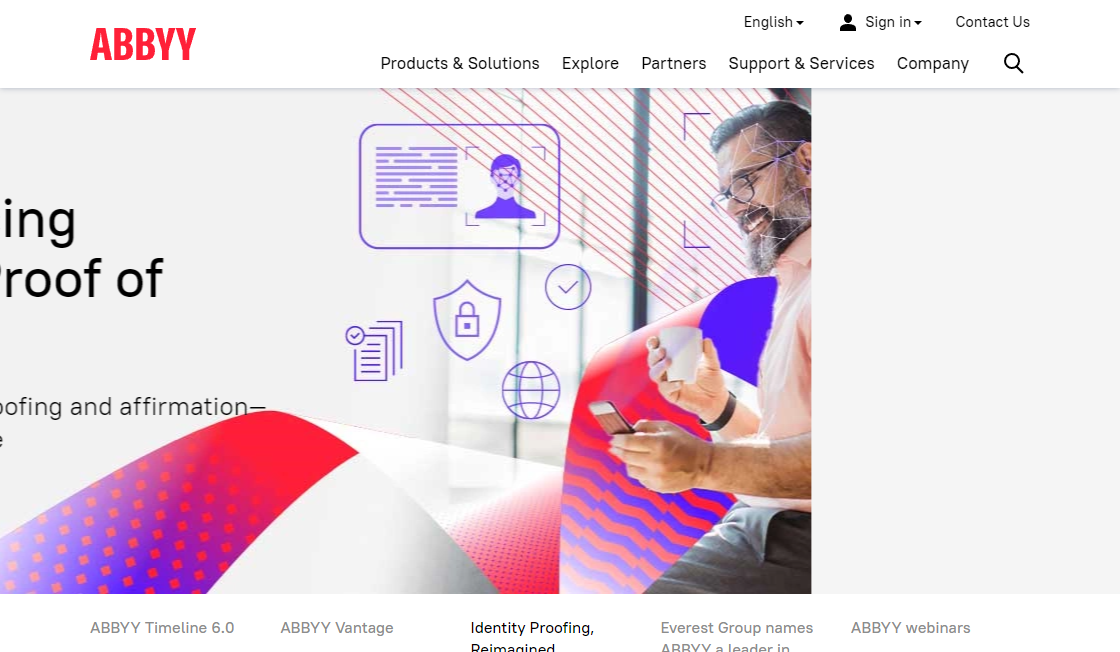
Abbyy Visual Recognition
Abbyy Visual Recognition is a deep learning based image recognition technology that can recognize images, object classes and whole objects in images.

CNTK
The Microsoft Cognitive Toolkit (CNTK) is an open-source toolkit for deep learning.
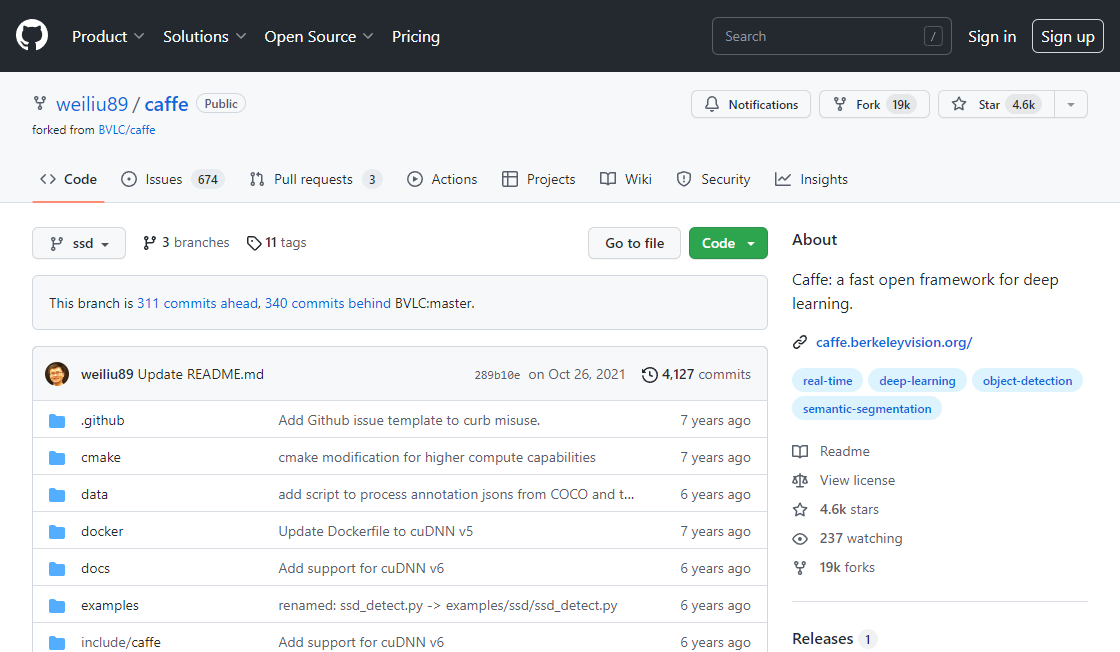
SSD
SSD (Single Shot MultiBox Detector) is a deep learning object detection framework.
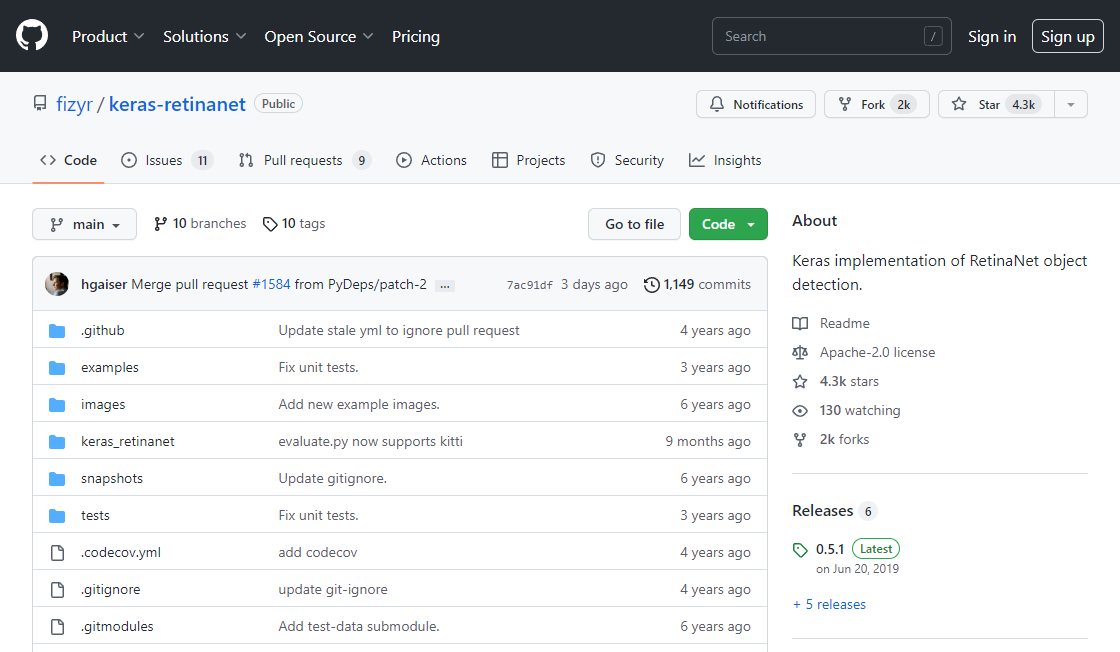
RetinaNet
RetinaNet is a single stage object detector.
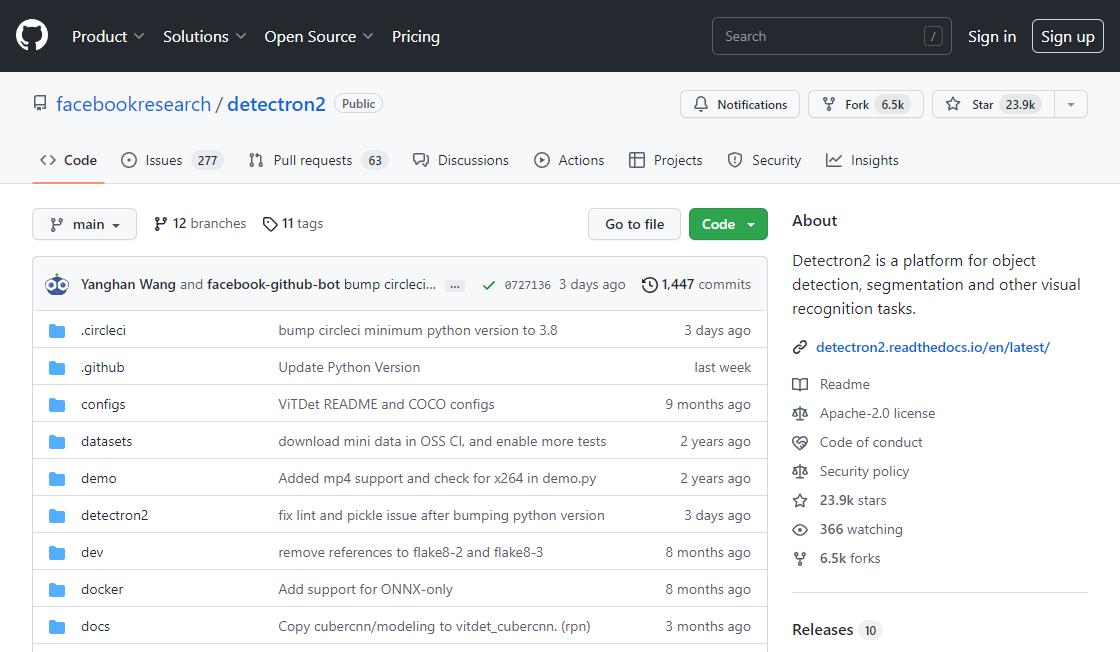
Faster R-CNN
Faster R-CNN is a deep learning object detection framework that can detect more than one object in an image.
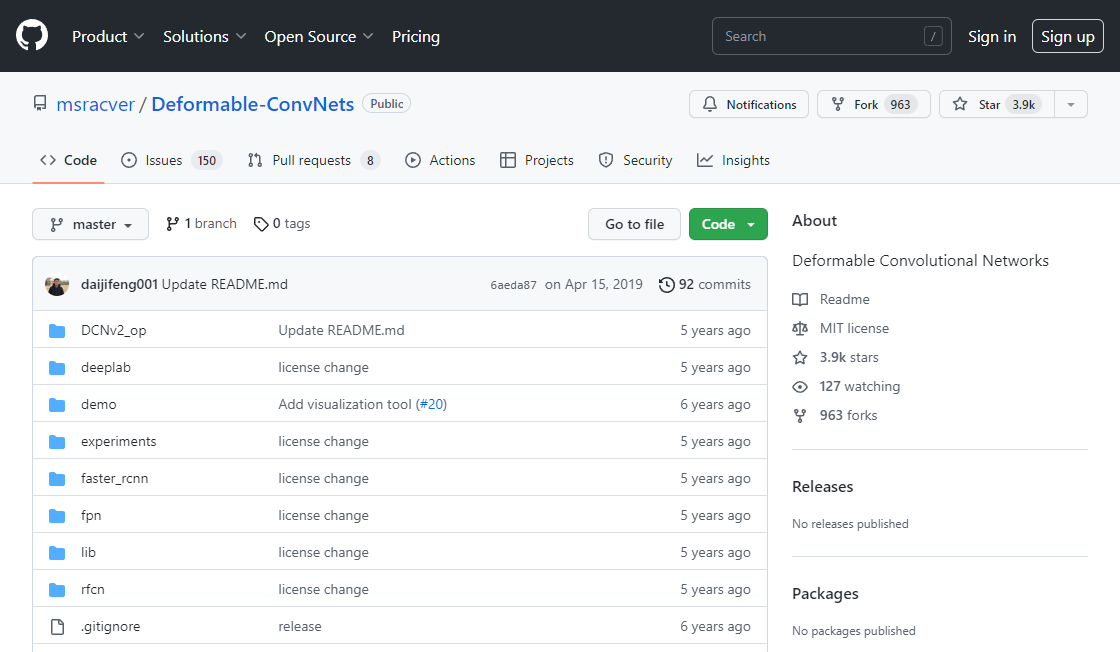
Deformable Convolutional Network (DCN)
DCN is a deep learning object detection model that consists of multiple deformable convolution layers.
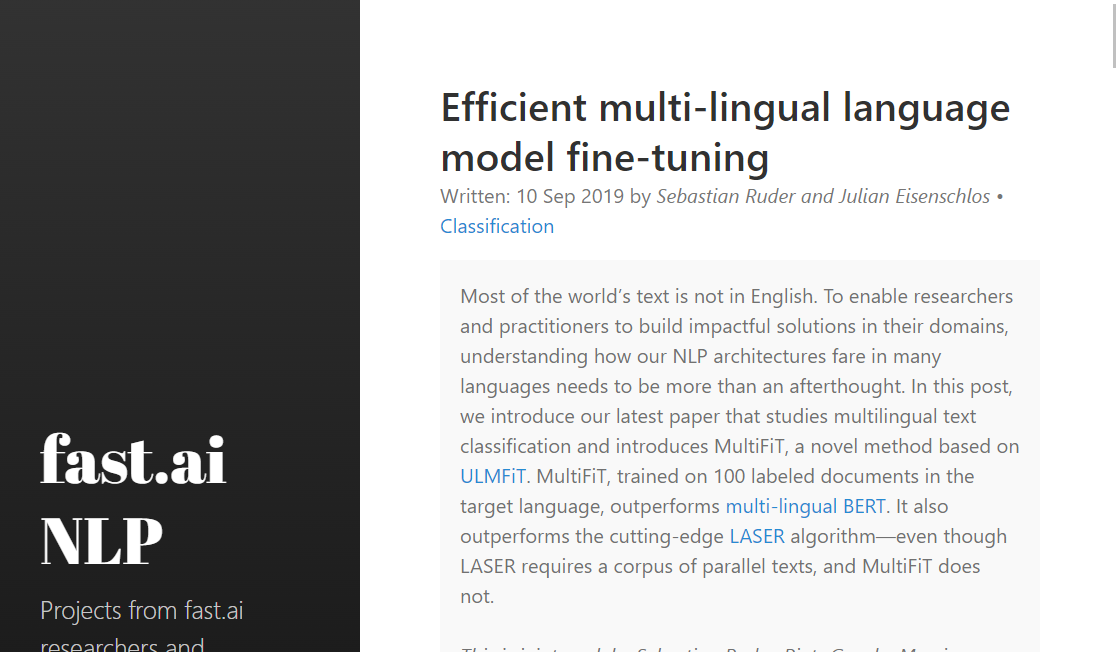
ULMFiT
ULMFiT stands for Universal Language Model Fine-tuning and is a deep learning technique that can be used to fine-tune any language model for downstream tasks.
TOP